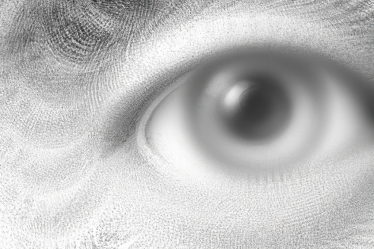
Unraveling Depression: Understanding and Managing the Condition
Depression is a serious mental illness that affects millions of people worldwide. Often misunderstood and stigmatized, depression can significantly impact daily life, work, relationships, and the overall health of those who suffer from it. In this article, we will explore what depression is, its symptoms, risk factors, diagnosis, and treatment methods, along with tips for managing this condition in a healthy and effective way.
What is Depression?
Depression is a mental illness characterized by deep sadness, loss of interest or pleasure in activities that were once enjoyable, feelings of hopelessness, helplessness, and low self-esteem. It can affect people of all ages, genders, and backgrounds and can be triggered by a variety of factors, including genetic predisposition, traumatic events, stress, physical health problems, among others.
Symptoms of Depression
Symptoms of depression can vary from person to person, but generally include:
- Persistent sadness
- Fatigue and lack of energy
- Difficulty concentrating
- Changes in sleep (insomnia or excessive sleep)
- Changes in appetite (weight loss or gain)
- Recurring negative thoughts
- Feelings of guilt or worthlessness
- Irritability
Risk Factors
Some factors that may increase the risk of developing depression include:
- Family history of depression
- Traumatic events, such as abuse, loss of loved ones, or divorce
- Physical health problems, such as chronic illnesses or chronic pain
- Chronic stress
- Substance use, such as alcohol and drugs
Diagnosis and Treatment
The diagnosis of depression is usually made by a mental health professional, such as a psychologist, psychiatrist, or therapist. They may conduct a clinical evaluation, interviews, and tests to determine if a person is suffering from depression and what the best treatment plan should be.
Treatment for depression may include:
- Psychotherapy, such as cognitive-behavioral therapy or interpersonal therapy
- Medication, such as antidepressants
- Healthy lifestyle, including regular exercise, balanced diet, and adequate sleep
- Participation in support groups
Tips for Managing Depression
In addition to professional treatment, there are some strategies that can help manage depression in a healthy way:
- Engage in regular physical exercise, even if it’s a short walk every day
- Maintain a structured daily routine
- Practice relaxation techniques, such as meditation and deep breathing
- Stay connected with friends and family
- Avoid social isolation
Conclusion
Depression is a serious illness that can affect anyone at any time in life. It is important to seek professional help if you or someone you know is experiencing symptoms of depression. With the correct diagnosis and appropriate treatment, it is possible to manage depression effectively and regain quality of life.
For more tips on mental health and well-being, check out the following posts on our blog:
- 10 Simple Steps to Improve Your Quality of Life Today
- Discover How Yoga Can Transform Your Life: Incredible Benefits and Simple Practice!
- How Music Therapy Can Transform Your Life: Discover the Benefits and How to Start
- 10 Tips to Keep Your Mental Health in Check: Take Care of Yourself!
- How Cognitive-Behavioral Therapy Can Transform Your Life



